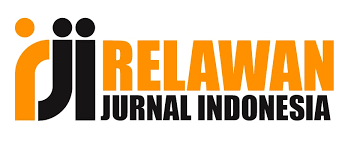SOCIOLINGUISTIC (LANGUAGE MAINTENANCE AND SHIFT): BATAKNESE’S SONGS CASE STUDY
Abstract
This article explores how Batak songs contribute to maintaining the local language while also reflecting signs of language shift through code mixing. Language maintenance involves the conscious efforts of a community to keep their native language alive, whereas language shift occurs when one language is gradually replaced by another in daily use. Fishman (1972) explains that language use is shaped by context and social settings, while the Sapir-Whorf Hypothesis highlights how language influences people’s thinking and culture. Additionally, Hedenheimer, Heclo, and Adams (1983) argue that policies and social structures have significant effects on whether a community preserves or abandons its traditional language. The song Poda (Tagor Tampubolon, 1979) demonstrates the effort to sustain Batak language through cultural advice, while Martina I Love You (Romansa Trio, 2017) and Please Sahali Nai (Henry Manullang & Debora Pardosi, 2017) show how mixing languages and modern phrases can indicate a shift. This study also applies the Ethnolinguistic Vitality Theory (Giles, Bourhis, & Taylor, 1977) to identify factors that influence the strength or decline of a language. Overall, the analysis reveals that Batak songs help both preserve traditional language and highlight changes in its use among young people.










